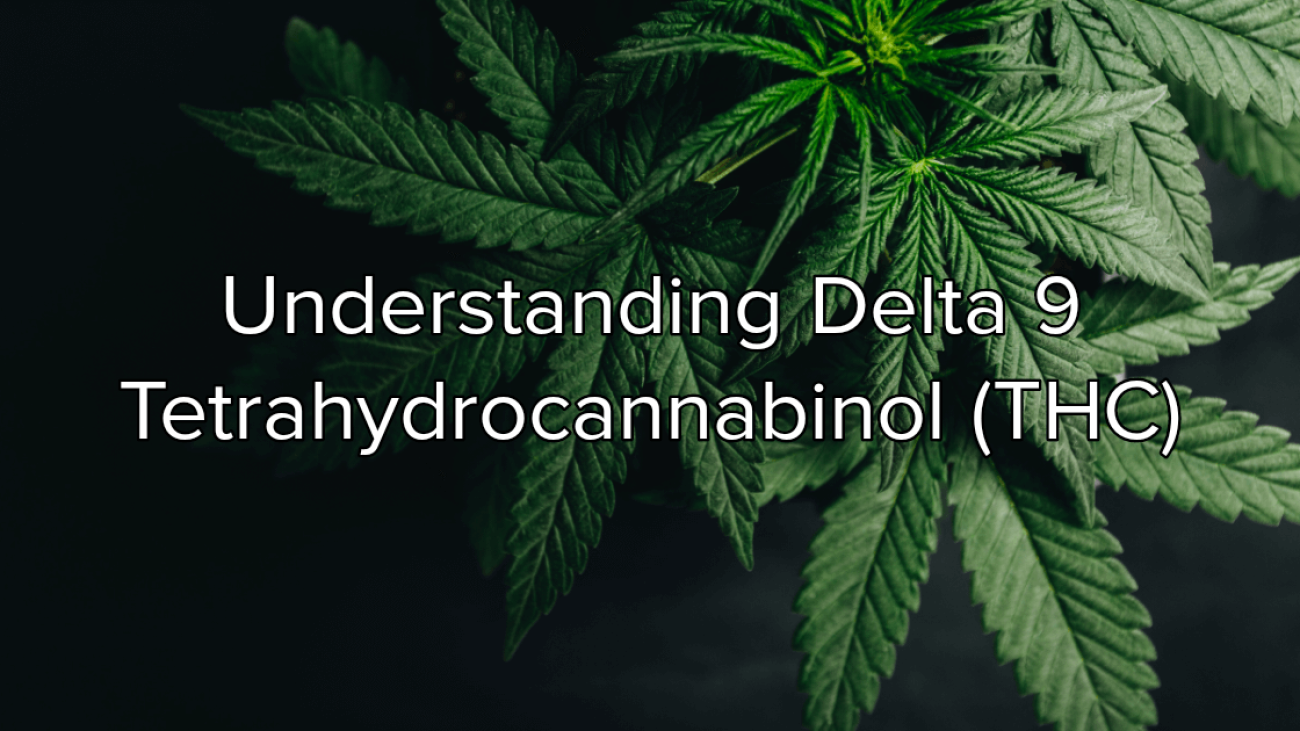Exploring Delta-9 THC: What You Need to Know
Delta 9 tetrahydrocannabinol, commonly referred to as Delta 9 THC, is a psychoactive compound found in the cannabis plant. It is one of over 100 cannabinoids identified in cannabis, and it’s primarily responsible for the plant’s intoxicating effects. Understanding Delta 9 Tetrahydrocannabinol (THC).
The Chemical Structure of Delta-9 THC
Delta 9 THC has a complex chemical structure. It consists of 21 carbon atoms, 30 hydrogen atoms, and 2 oxygen atoms. Its molecular formula is C21H30O2. This molecular structure contributes to its interactions with the endocannabinoid system in the human body.
How Delta-9 THC Interacts with the Body
When consumed, Delta 9 THC interacts with the body’s endocannabinoid system (ECS). The ECS is a complex network of receptors found throughout the body, including the brain, immune system, and organs. Delta 9 THC binds primarily to CB1 receptors in the brain and central nervous system, leading to its psychoactive effects.
Effects of Delta-9 THC on the Brain and Body
Upon binding to CB1 receptors, Delta-9 THC can produce a range of effects on the brain and body, including:
- Euphoria: Many users experience feelings of euphoria or a “high” when consuming Delta 9 THC.
- Relaxation: Delta 9 THC can induce feelings of relaxation and stress relief.
- Altered perception: Some users may experience changes in perception, including altered sensory perception and time distortion.
- Increased appetite: Delta-9 THC is known to stimulate appetite, often referred to as “the munchies.”
- Impaired coordination: High doses of Delta-9 THC can impair motor coordination and cognitive function.
Medical Uses of Delta-9 THC
In addition to its recreational use, Delta 9 THC has several potential medical applications. Research suggests that it may be effective in treating conditions such as:
- Chronic pain: Delta 9 THC has analgesic properties and may help alleviate chronic pain conditions.
- Nausea and vomiting: Delta 9 THC has antiemetic effects and may reduce nausea and vomiting in patients undergoing chemotherapy or experiencing other medical conditions.
- Muscle spasms: Delta 9 THC may help reduce muscle spasms and spasticity in conditions such as multiple sclerosis.
- Appetite stimulation: Delta 9 THC’s ability to stimulate appetite makes it potentially beneficial for patients with eating disorders or undergoing cancer treatment.
Legal Status of Delta-9 THC
The legal status of Delta 9 THC varies depending on location and jurisdiction. In many parts of the world, including certain states in the United States, cannabis containing Delta 9 THC is legal for medical and/or recreational use. However, it remains illegal under federal law in the United States and in many other countries.
Understanding Delta 9 Tetrahydrocannabinol (THC) FAQ
Is Delta 9 THC legal everywhere?
The legal status of Delta 9 THC varies depending on location and jurisdiction. While some regions have legalized it for medical and/or recreational use, it remains illegal under federal law in the United States and in many other countries. It’s essential to familiarize yourself with local laws before using or possessing products containing Delta 9 THC.
What are the potential medical benefits of Delta 9 THC?
Research suggests that Delta 9 THC may have several potential medical applications, including pain relief, nausea and vomiting reduction, muscle spasm alleviation, and appetite stimulation. However, it’s essential to consult with a healthcare professional before using Delta 9 THC for medical purposes.
How does Delta 9 THC affect the brain and body?
Delta 9 THC primarily interacts with the body’s endocannabinoid system, binding to CB1 receptors in the brain and central nervous system. This interaction can lead to a range of effects, including euphoria, relaxation, altered perception, increased appetite, and impaired coordination.
Are there any side effects associated with Delta 9 THC use?
While Delta 9 THC can produce desirable effects for some users, it may also have adverse side effects, particularly at higher doses. Common side effects may include dry mouth, red eyes, increased heart rate, impaired memory and cognition, anxiety, and paranoia. Individuals with a history of mental health issues or substance abuse should exercise caution when using products containing Delta 9 THC.
Conclusion
Delta 9 THC is a potent psychoactive compound found in cannabis. Its complex chemical structure and interactions with the endocannabinoid system contribute to its wide range of effects on the brain and body. While it has recreational and medical uses, its legal status remains a topic of debate and varies from one jurisdiction to another. Further research into its effects and potential benefits is ongoing, shaping our understanding of this fascinating cannabinoid.


